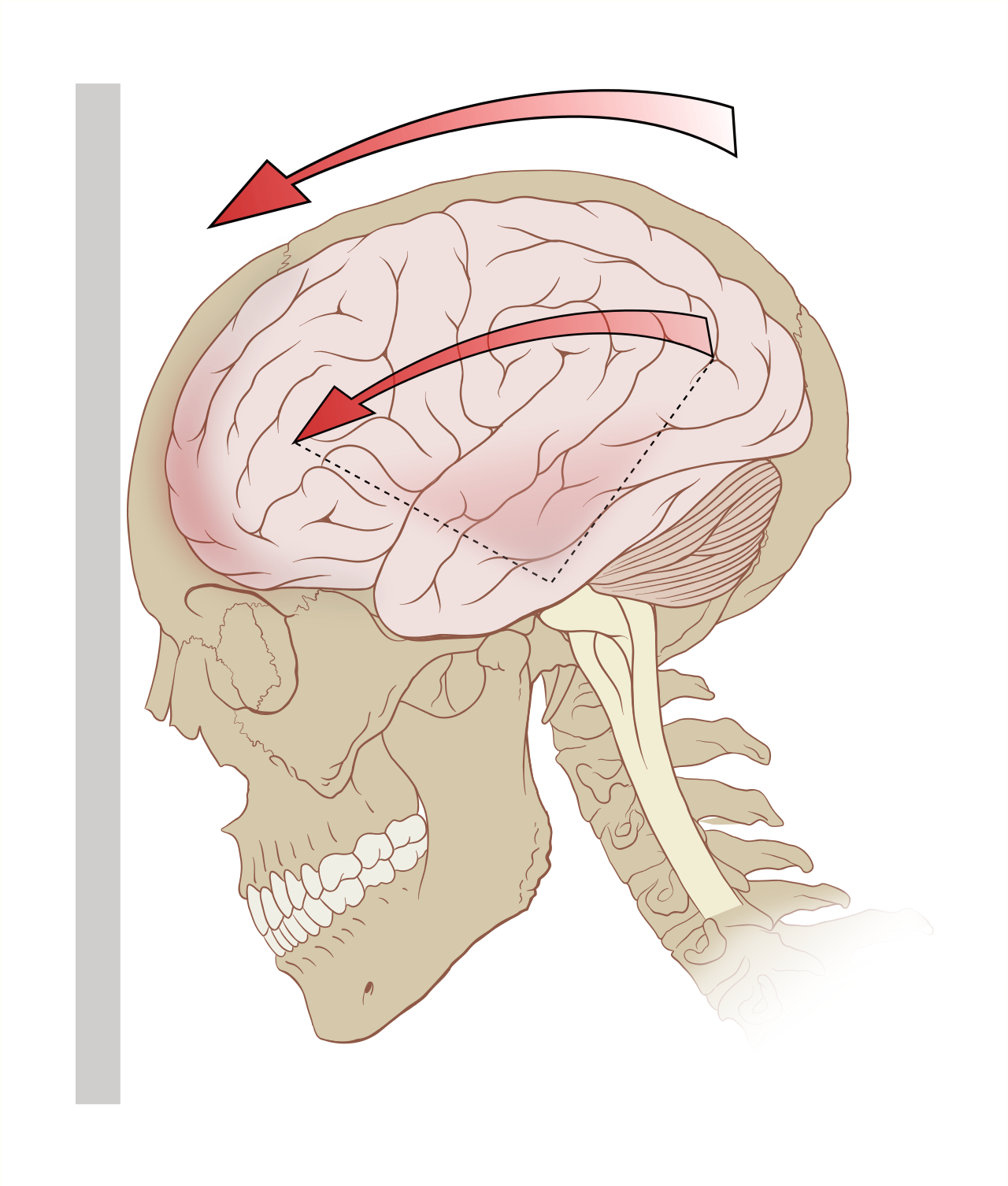Concussion: Symptoms, Causes, Treatment
What are the symptoms of a concussion?
A concussion is a type of traumatic brain injury (TBI) that occurs when a blow to the head or body causes the brain to move rapidly back and forth within the skull. Concussions can range from mild to severe, and symptoms can vary depending on the individual and the severity of the injury. Common symptoms of a concussion include:
- Headache: A headache is a common symptom of a concussion and may vary in intensity.
- Confusion: Feelings of confusion or feeling “foggy” are common after a concussion.
- Amnesia: Temporary loss of memory, particularly surrounding the events leading up to the injury, is common.
- Dizziness or balance problems: Feeling unsteady or having difficulty with balance is common.
- Nausea or vomiting: Some people may experience nausea or vomiting after a concussion.
- Sensitivity to light or noise: Sensitivity to light (photophobia) or noise (phonophobia) is common.
- Fatigue: Feeling tired or having low energy is common after a concussion.
- Sleep disturbances: Changes in sleep patterns, such as difficulty falling asleep or sleeping more than usual, can occur.
- Mood changes: Mood swings, irritability, anxiety, or depression can occur after a concussion.
- Difficulty concentrating or remembering: Difficulty with concentration, memory, or attention is common.
It’s important to note that symptoms of a concussion may not always be apparent immediately after the injury and can develop over time. If you or someone you know experiences any of these symptoms after a blow to the head or body, it’s important to consult a healthcare provider promptly. Concussions are typically diagnosed based on symptoms and a neurological examination, and imaging tests such as CT scans or MRIs may be used to rule out more serious injuries. Most people recover fully from a concussion with rest and symptom management, but in some cases, more severe or persistent symptoms may require specialized treatment.
What are the causes of a concussion?
Concussions are usually caused by a blow to the head or body that causes the brain to move rapidly back and forth within the skull. This sudden movement can stretch and damage brain cells and create chemical changes in the brain. Common causes of concussions include:
- Sports injuries: Concussions are common in contact sports such as football, soccer, hockey, and boxing, as well as in sports with a risk of falls, such as skiing, snowboarding, and gymnastics.
- Motor vehicle accidents: Car accidents, motorcycle accidents, bicycle accidents, and pedestrian accidents can all cause concussions, particularly if there is a sudden impact to the head.
- Falls: Falls are a common cause of concussions, especially in young children and older adults. Falls from heights or falls onto hard surfaces can result in concussions.
- Assault: Being punched, kicked, or struck in the head can cause a concussion.
- Combat injuries: Military personnel are at risk of concussions due to exposure to explosions, blasts, or other combat-related injuries.
- Accidents at home: Accidents such as slipping and falling, hitting the head on a hard surface, or being struck by a falling object can cause concussions.
It’s important to note that not all blows to the head result in concussions, and the severity of a concussion can vary. Some people may experience only mild symptoms that resolve quickly, while others may have more severe symptoms that last longer. If you suspect that you or someone else has a concussion, it’s important to seek medical attention promptly to ensure proper diagnosis and treatment.
What is the treatment for a concussion?
The primary treatment for a concussion is rest, both physical and mental, to allow the brain to heal. In most cases, symptoms of a concussion will resolve on their own with time and rest. However, there are several steps that can be taken to manage symptoms and promote recovery:
- Physical rest: Rest is crucial in the early stages of a concussion to allow the brain to heal. This may include limiting physical activities and avoiding activities that could result in another head injury.
- Cognitive rest: Activities that require concentration and mental effort, such as reading, watching TV, using a computer, or playing video games, should be limited or avoided until symptoms improve.
- Pain management: Over-the-counter pain relievers, such as acetaminophen (Tylenol) or ibuprofen (Advil, Motrin IB), may be used to manage headaches or other pain associated with a concussion. However, aspirin should be avoided, as it can increase the risk of bleeding.
- Avoiding alcohol and drugs: Alcohol and recreational drugs should be avoided, as they can interfere with the healing process and increase the risk of further injury.
- Follow-up care: It’s important to follow up with a healthcare provider for monitoring and guidance on when it is safe to return to normal activities, including work, school, and sports.
- Gradual return to activity: Once symptoms have resolved, a gradual return to physical and mental activities can help prevent a recurrence of symptoms. This should be done under the guidance of a healthcare provider.
In some cases, especially if symptoms are severe or persistent, additional treatments may be necessary. These may include:
- Physical therapy: To help improve balance, coordination, and strength.
- Occupational therapy: To help with daily activities and cognitive skills.
- Counseling or psychotherapy: To help manage mood swings, anxiety, or depression.
- Medications: In some cases, medications may be prescribed to manage specific symptoms, such as headaches or sleep disturbances.
It’s important to note that returning to normal activities too soon after a concussion can increase the risk of further injury and prolong recovery. It’s important to follow the guidance of a healthcare provider and allow adequate time for recovery.




